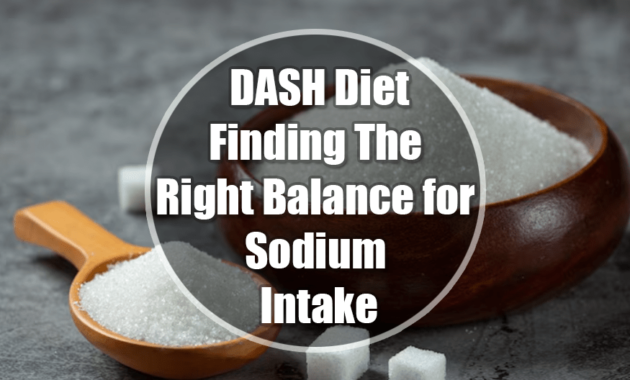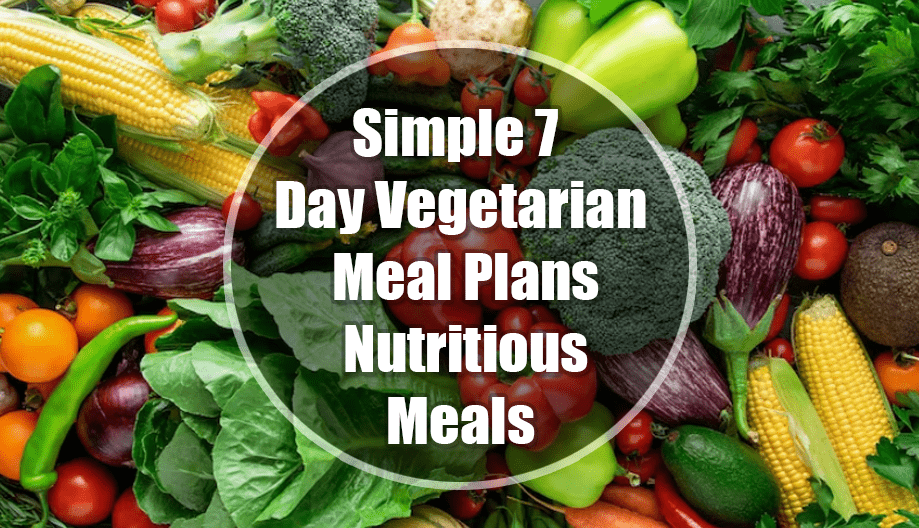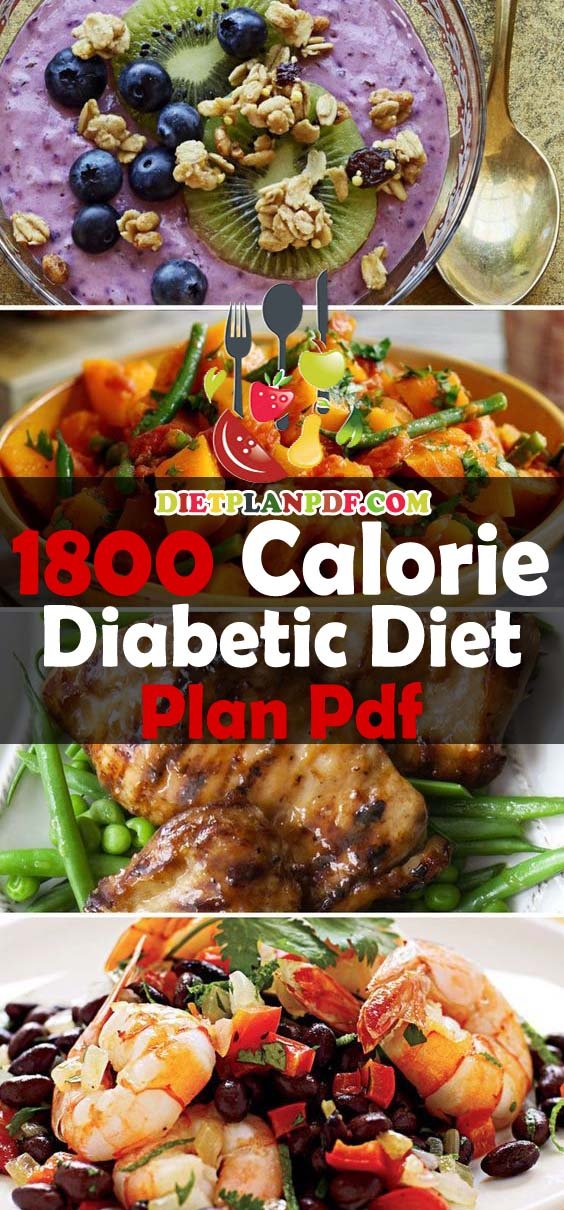You may think the DASH diet restricts your sodium intake to help lower your blood pressure. While this is a good idea because most Western diets have too much salt, you must also be careful. Reducing your salt too much can be a problem, so being a little salty is not an issue. The sodium in your diet will generally come from table salt because sodium is the main component of salt. Too much sodium will cause dehydration and high blood pressure, and you should only eat between 1,500 and 2,300 mg daily.
You can choose between the standard and low-sodium DASH when on the DASH diet. These variations are the same, with the only difference being the amount of sodium you can have. The standard DASH allows more sodium than the low-sodium one. This may make you think the low-sodium variation is the way to go. After all, reducing your sodium intake should give you more benefits.
Wrong!
There are a lot of risks that are associated with getting too little sodium. These risks are unknown, but you must know what they are if you think about the DASH diet.

Increase in Insulin Resistance
Some studies have found that lowering your sodium intake too much will increase your insulin resistance. This is when your body does not respond well to insulin, resulting in higher blood sugar levels. This is important because insulin resistance is considered a significant driver for type 2 diabetes.
One study found that insulin resistance increased in healthy people after only seven days of getting too little sodium. Of course, this will not happen to everyone, but the risk is there. The studies that have been done into this vary in length and the degree of sodium restriction, leading to a bit of debate.
Could Raise LDL Cholesterol and Triglycerides
High levels of triglycerides and LDL cholesterol can increase the risks of heart disease. There is no point in lowering your blood pressure if you are increasing your bad cholesterol at the same time. This can happen when you have too little salt in your diet.
Healthy people on a low-sodium diet were found in one study to have an increase in LDL cholesterol of 4.6%. Their triglyceride levels also increased by 5.9%. A recent study placed the increases at 2.5% and 7%, respectively.
Higher Risks of Hyponatremia
Hyponatremia is something you do not hear about very often, and this is low blood sodium levels. Most people who have this assume it is dehydration because it has many of the same symptoms. The problem is that when this condition is left untreated, it can lead to headaches, seizures, comas, swelling of the brain, and even death. Specific populations are more prone to this condition and should be careful when trying the DASH diet.
Older people and athletes who complete long-distance endurance events are among these groups. These groups are at a higher risk for this condition and must be very careful with reducing their sodium intake. If you are an active person or an athlete, you should avoid restricting your sodium intake too much. As you exercise, you will be losing sodium through your sweat. You will suffer from hyponatremia if you are not replenishing this through a balanced sodium diet.
If you eat a lot of sodium in your diet, a reduction is essential to reduce your hypertension or the risks of hypertension. The problem comes when you lower your intake too much. The average person eating a Western diet will have a total sodium intake of around 3,200 mg. This is much higher than the recommended daily amount of 2,500. Reducing sodium from 3,200 mg to 1,500 mg on the low-sodium DASH diet can cause problems. This sudden reduction will shock the body, and you could fall into hyponatremia. If you do not have high sodium levels in your diet, lowering the intake a little will work better than lowering it a lot.
With all the risks associated with getting too little sodium, you may wonder if this is all worth it. This is a good question and one that a lot of people have been asking. Major health organizations still recommend DASH and other low-sodium diets for many people. Why? All the benefits that you can get if you have hypertension. How the DASH diet works will also ensure you are eating better. Eating whole foods and cutting out processed foods will naturally reduce your sodium intake to a healthy level.
Remember that the average Western diet has over 3,000 mg of sodium daily. Lowering this by eating the right foods will put you in the healthy range of sodium for an adult. The risks of this diet only occur when you are on the low-sodium variation or try to cut your sodium even more than the diet does.



